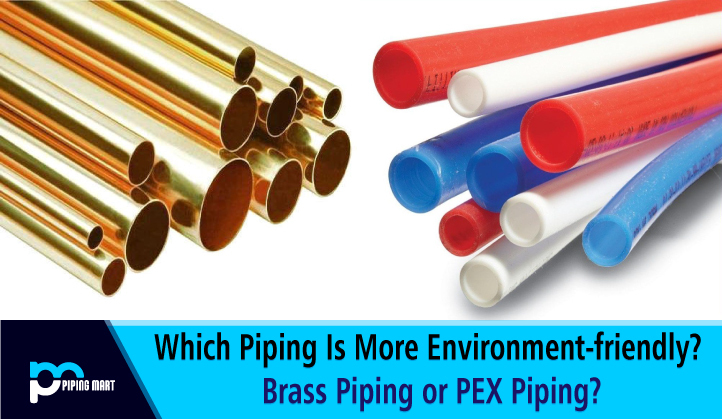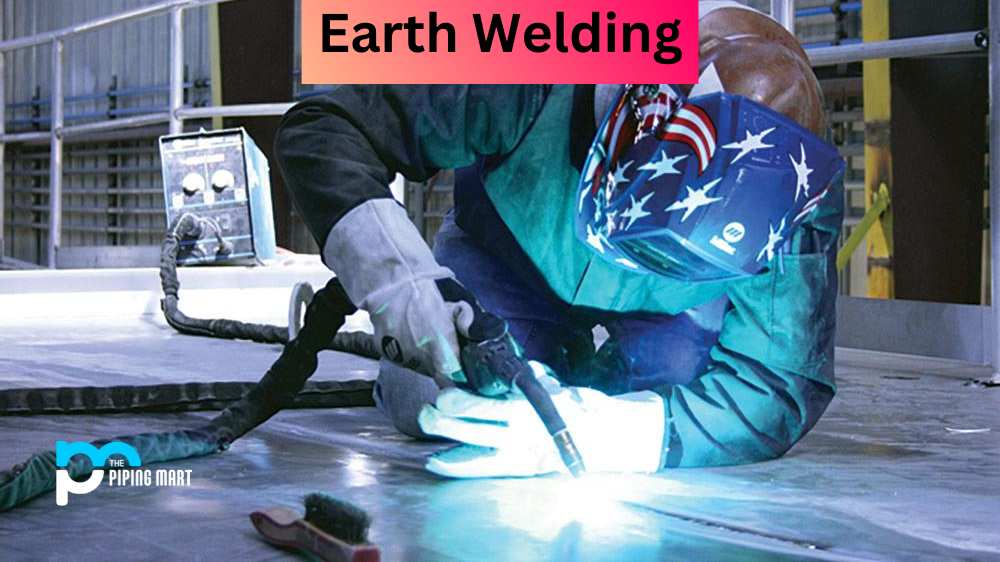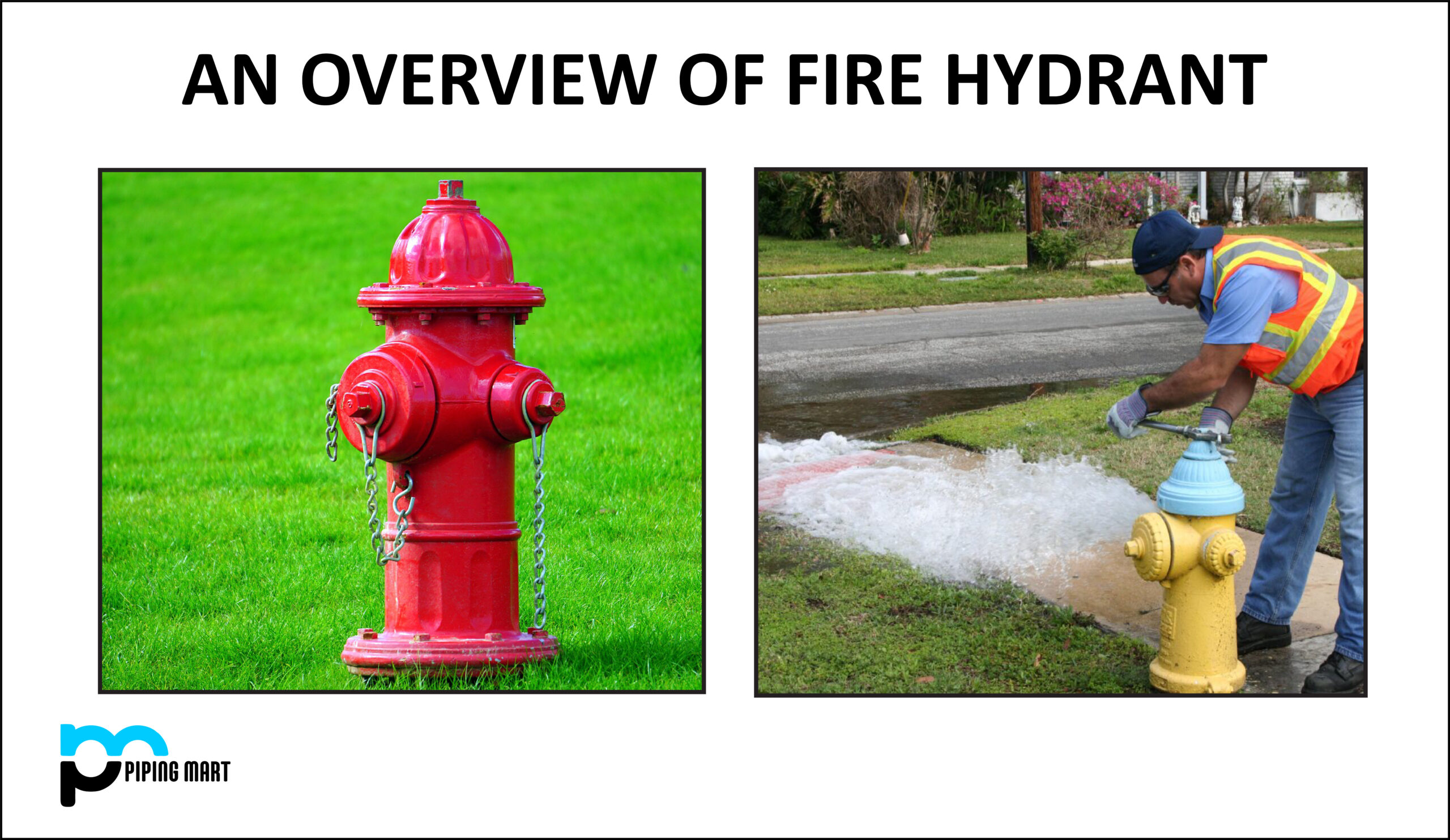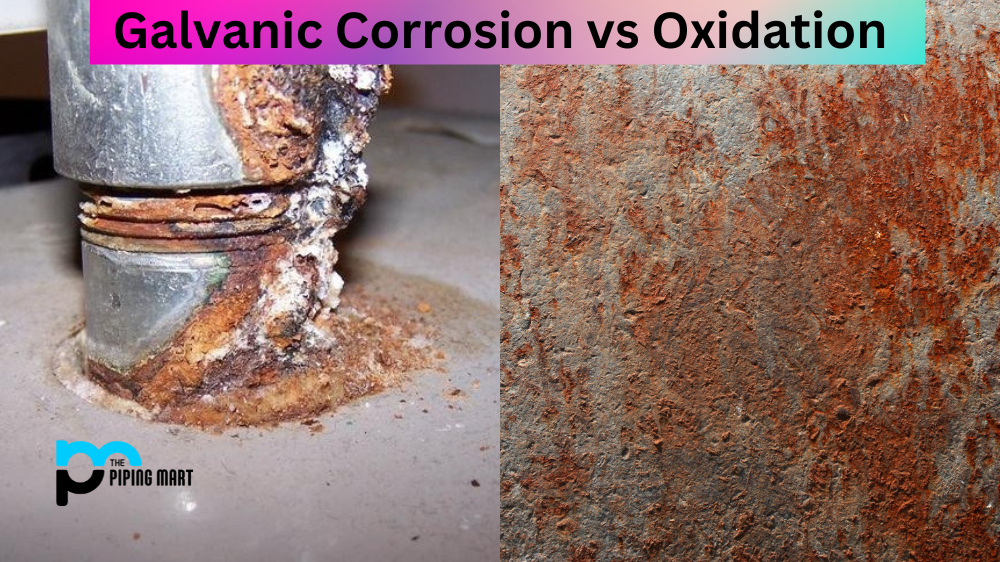Nowadays, most piping experts are taking the initiative to choose the best and eco-friendly piping systems. While developing a piping system for house, office, or other corporate constructions, piping must perform well, available at a compelling price, and sustain longer. With the development of technology and production facilities, various environmentally friendly pipe options are avaialble in the market at ease.
What is PEX Piping?
PEX piping is considered by many to be one of the most significant innovations in the home plumbing industry of the modern era. PEX is the short term for cross-linked polyethylene, a durable and flexible range of plastic materials. It is essentially designed for water handling systems, while it holds a strong reputation in residential projects and commercial applications.
Due to its versatility, PEX pipes are ideal for cold and hot water systems and respond well to high temperatures of up to 200 degrees Fahrenheit. It is relatively easy to configure and needs fewer joints, which is cost-effective.
PEX pipes are commonly favoured for their advantages over other materials, including metal (lead, copper, iron) and rigid plastics (CPVC, PVC, and ABS). They are highly chlorine, size, and corrosion-resistant. Unique tools require for PEX is generally connected by stab-in or compression fittings that involve the use of an individual device. PEX can be injected into an existing pipe, such as a copper pipe, making it a perfect choice for modifications and retrofits. PEX pipes are long-lasting & usable for hot water applications.
What are the applications of PEX piping?
Due to its flexibility and durability, PEX pipe is excellent for modernizing an older home, snaking through walls in a remodel and useful in low ventilation areas where glue is dangerous. PEX pipes are commonly useful in the residential fire and sprinkler devices and radiant floor heating service applications including, hot water treatment systems with radiators, water supply systems, heat transfer operations, like permafrost protection, snow melting, and floor cooling.
The Environmental Advantages of PEX Piping
PEX pipes help conserve energy as they don’t transfer heat like copper. PEX materials and their low thermal conductivity mean these would help maintain hot water temperature for a longer time. It also means that it has a greater tolerance to condensation when it comes to its lifespan on cold water lines than copper. PEX piping is known for extended-lasting attributes for more than a hundred years, making PEX piping ideal for long-term uses. Due to leakage and, in some cases, corrosion. Besides, PEX is more economical, making it a practical choice for various pipe applications.
Brass Pipe
Brass piping is an option for specific applications; it is highly resistant to corrosion, heat, and water damage. Brass is also a fine metal that helps the installer to create a secure seal. It has a thicker wall than copper, which provides many of the same advantages, including protection in drinking water use.
Brass is an alloy, which means it is a composite of metals, and many of the brass alloys contain lead. Lead cannot be permitted to spill into drinking water; therefore, today’s plumbers prefer lead-free brass. Brass pipes are made of 15 percent zinc and 85 percent copper alloys. They deliver a range of benefits, including longevity, rust resistance, versatility, and robustness. As a consequence, for plumbing operations, Brass pipes are broadly beneficial.
Brass is an older alternative, broadly used before introducing copper into the home plumbing industry, and it is still relevant today.
What are the applications of brass piping?
It has water supply lines, water removal drains and lines, and gas lines, depending on the local building code.
The Environmental Impact of Brass Pipes
Brass can be recycled continually without affecting its quality. That’s because it doesn’t lose its physical and chemical properties when it’s recycled. It contributes significantly to both economic and environmental goals.
Moreover, brass recycling does not need too much energy compared to other metals, such as steel and aluminium. It also creates a smaller carbon track. The ability to reuse brass from different recycled materials compliments the environmental-conscious industry, especially its natural resources.
Conclusion Statement:
Brass and PEX pipes are also excellent choices for pipe handling and other water handling applications. They both come with several benefits and unique characteristics. However, if you want to get the most out of the material without stressing about the environment, it’s better to use PEX pipes. Apart from being environmentally friendly, it is robust, economical, versatile, and has a longer lifespan!

Pipingmart is B2B portal specializes in industrial, metal and piping products. Also, share latest information and news related to products, materials and different types grades to help business dealing in this industry.




